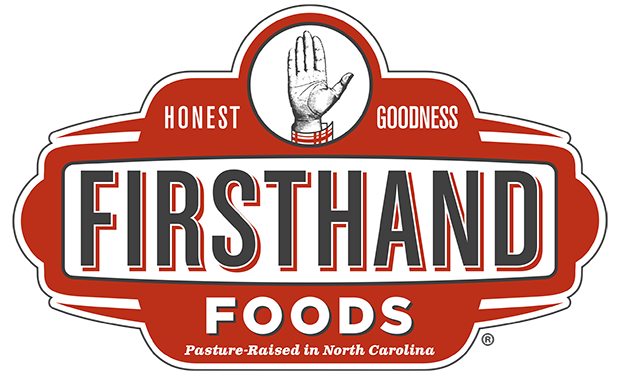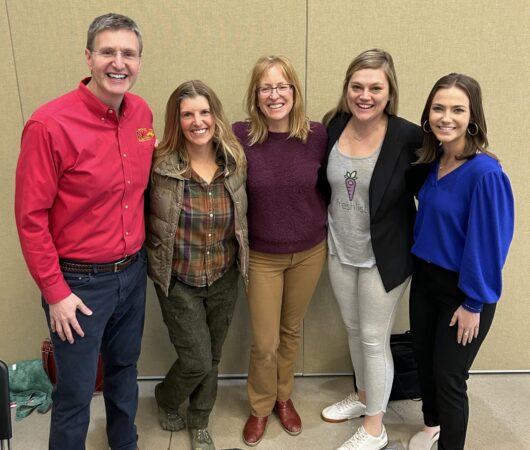Last week, we were honored to participate in NC Ag Leads, a strategic planning effort led by the NC Chamber of Commerce, designed to support industry-wide collaboration in NC’s agricultural sector. Firsthand Foods, along with others in the sustainable agriculture community, participated in a Small Farms Focus Group where we discussed the strengths of NC agriculture as well as its challenges. The process reminded us of why we do what we do and why, after so many years, we keep doing it.
It’s all about the people! It was wonderful being in the same room with colleagues, partners, and new friends with shared values who are passionate about finding ways to support small farms and sustainable ways to grow food and build community. North Carolina agriculture is strong and diverse – from blueberries to Christmas trees to hog production, we have it all. We have decent soils and rainfall, young people who want to get into farming, and proximity to expanding metropolitan areas hungry for local food. We were reminded of the history of the sustainable agriculture movement in North Carolina and the ways in which small farmers, researchers, activists, and entrepreneurs have worked together to innovative and leverage funding, conduct research, and spin-off organizations (like Firsthand Foods!).
We brainstormed what success looks like and agreed that prosperity for small farms is essential. For North Carolina agriculture to be resilient, especially in the face of climate change, we need small farms to thrive. We talked about “triple bottom line” outcomes that build agriculture’s resiliency like increased soil organic matter and farmland preservation, reduced off-farm inputs, reduced food waste, increased workforce development, and increased institutional purchasing of local foods to support food sovereignty across the region.
It was emotional listening to everyone’s stories, especially small farmers who work SO hard, usually while in serious debt. As eaters, we often don’t understand the risks farmers take and the financial worry they live with. So why do they keep doing it? Some might say that farmers are born into the profession and don’t see another way to make a living. But in this workshop, I heard how deeply small farmers and their supporters care about family, community, soil, and planet Earth. These shared values are the reason we all do what we do.
We’re curious to see where this strategic planning initiative goes, especially since it encompasses the issues and concerns of ALL agricultural players in NC. Will it focus primarily on the dominant paradigm of agriculture that we have today (i.e., large-scale monocropping and concentrated livestock operations?) Or will the initiative substantively support the growth of small farms and community-based regional food systems? We don’t know, but we’re excited to find out.

